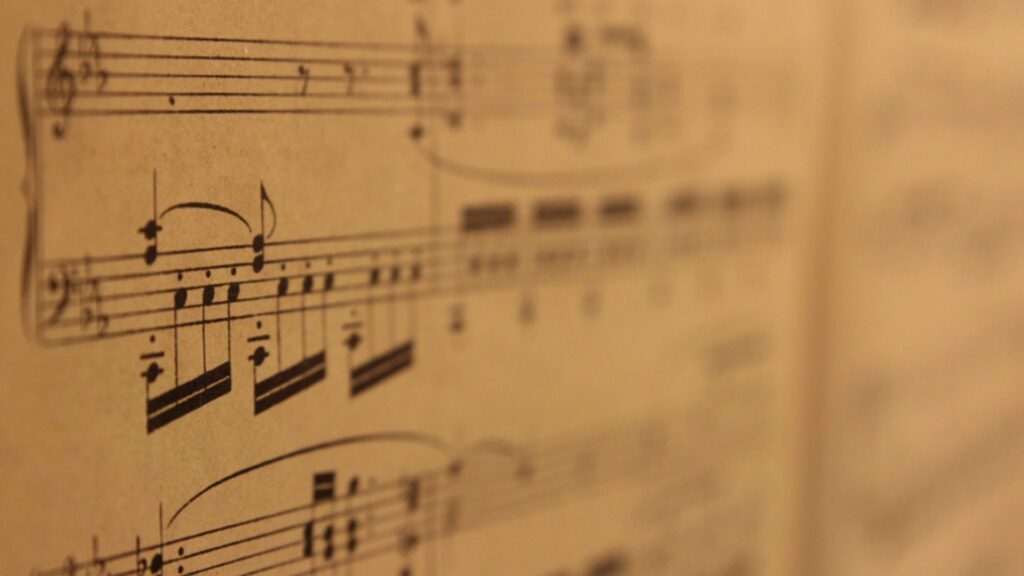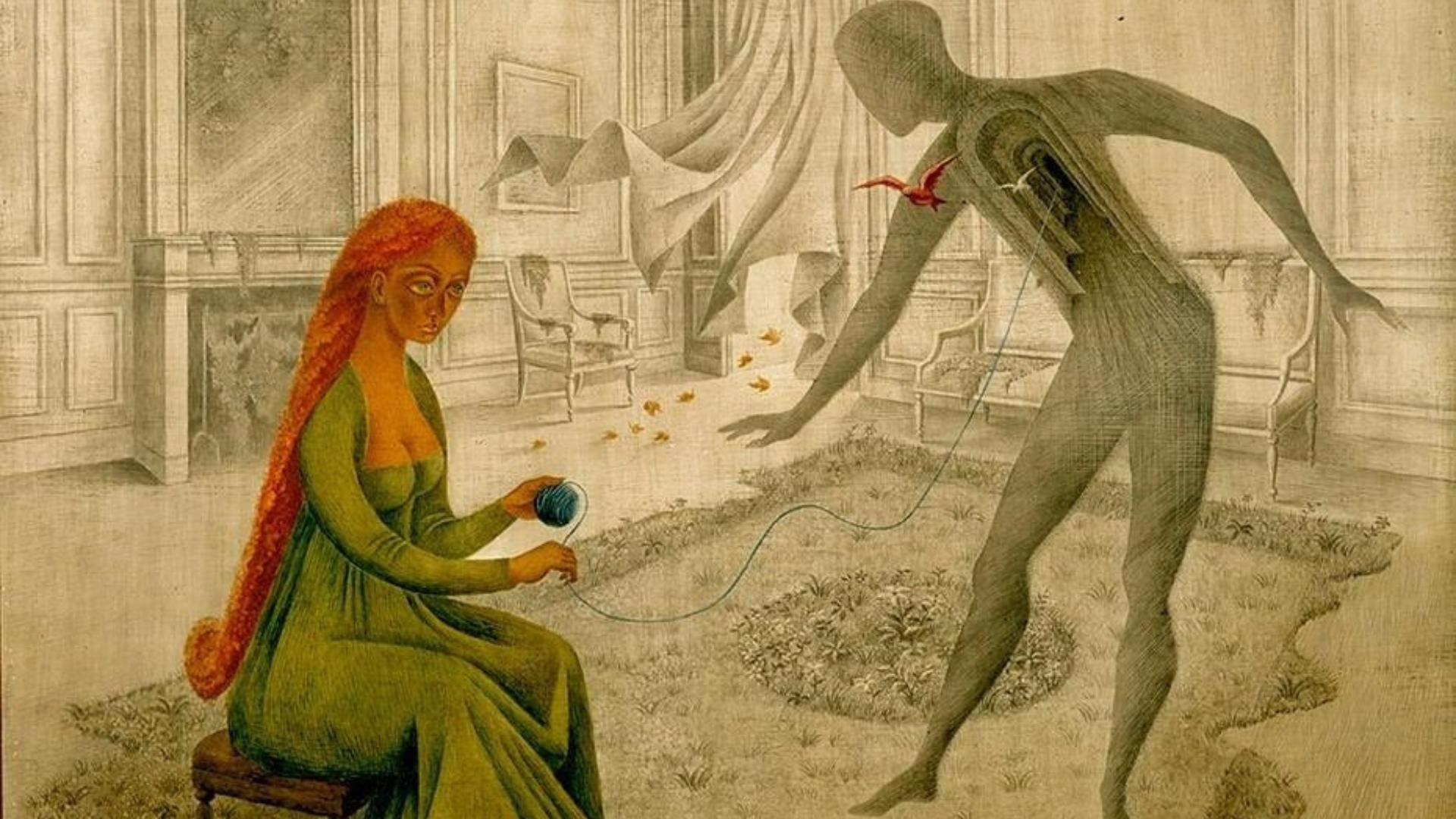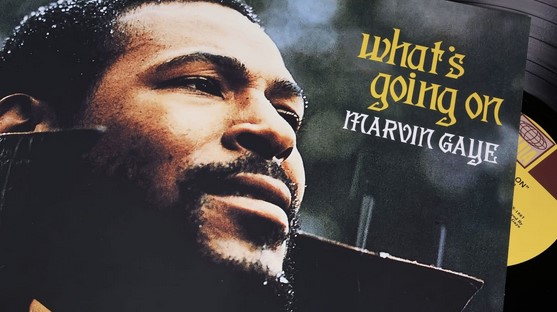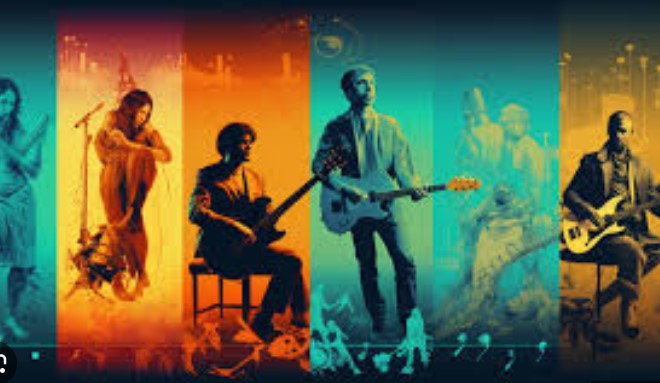Classical music, despite being centuries old, continues to hold immense cultural, emotional, and intellectual value in today’s world. In a time when popular music dominates the airwaves and streaming platforms, many may wonder: does classical music still have a place in modern society? The answer is a resounding “yes.” Classical music remains relevant because of its timeless appeal, its profound emotional depth, and its influence on many modern genres. It enriches our understanding of music, provides a foundation for creative expression, and offers a form of artistic purity that continues to inspire musicians and listeners alike. In this article, we explore why classical music still matters today, from its impact on the human psyche to its continued role in education, entertainment, and cultural heritage.

The Emotional Power of Classical Music
One of the most compelling reasons classical music endures is its unparalleled emotional depth. Composers like Ludwig van Beethoven, Johann Sebastian Bach, and Wolfgang Amadeus Mozart created works that resonate with listeners on a deeply emotional level. Classical music is capable of expressing a wide range of emotions—from joy and triumph to sadness and despair—often without the need for words.
Music That Speaks to the Soul
Classical compositions, particularly symphonies, concertos, and operas, provide rich layers of expression that can evoke emotions beyond what many modern genres can achieve. A piece like Beethoven’s Symphony No. 9, for example, conveys feelings of triumph, unity, and hope in ways that resonate universally, regardless of the listener’s cultural background or time period.
- Impact: The emotional depth of classical music offers a kind of transcendence, connecting listeners with universal human experiences.
Therapeutic Benefits
Studies have shown that classical music can have significant therapeutic effects. Listening to classical music has been linked to reduced stress, improved mental health, and enhanced cognitive function. The intricate harmonies and melodies of classical pieces stimulate brain activity, helping to improve focus, memory, and even emotional regulation.
- Example: Mozart’s music, often referred to as the “Mozart effect,” has been shown to enhance cognitive abilities, particularly spatial-temporal reasoning. Classical music’s soothing qualities can also lower anxiety and promote relaxation.
Classical Music as a Foundation for Modern Music
Classical music is not just a relic of the past; it is the foundation upon which much of modern music is built. Many of today’s most popular genres—including pop, jazz, film scores, and even electronic music—owe a debt to classical traditions in terms of structure, harmony, and technique.
The Roots of Modern Harmony
The harmonic language of classical music laid the groundwork for most Western music.
- Example: Modern pop songs often employ classical chord progressions (I-IV-V) and structures (verse-chorus-verse). Many pop songwriters, like John Legend and Adele, utilize classical techniques such as the use of a piano and the integration of emotional ballads.
Classical Music and Its Role in Education
Classical music remains a core component of music education around the world.
The Discipline of Learning Classical Music
Learning an instrument with a classical focus—whether it’s the piano, violin, or flute—requires dedication, practice, and attention to detail. Classical music’s complexity helps young musicians develop technical proficiency, learning how to navigate challenging pieces that require dexterity, coordination, and precision.
Conclusion
Classical music is far from obsolete. It continues to matter today because of its unmatched emotional depth, its influence on modern music, and its enduring presence in education and live performance. Classical works are still highly relevant, offering a timeless connection to the past while influencing the future of music across all genres. Whether through its technical brilliance, its emotional power, or its cultural importance, classical music remains a profound and lasting force in the world of music and beyond. As we continue to embrace the future, classical music provides a necessary link to the past, grounding us in a tradition of artistry, beauty, and innovation that transcends time and place.









